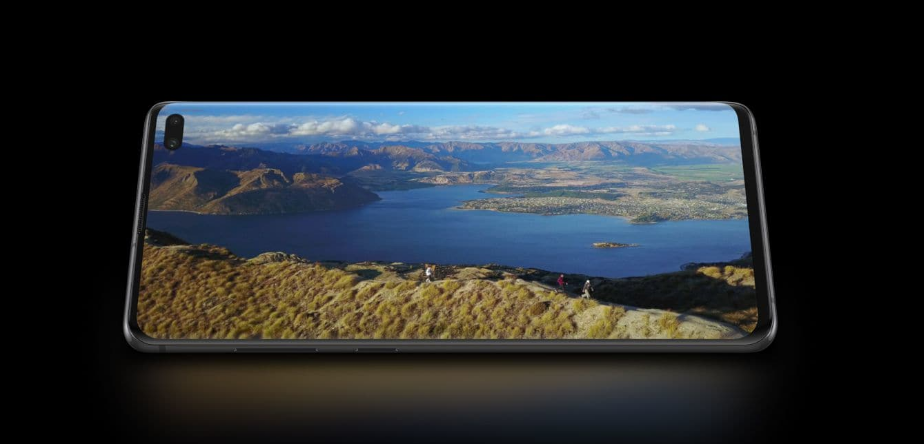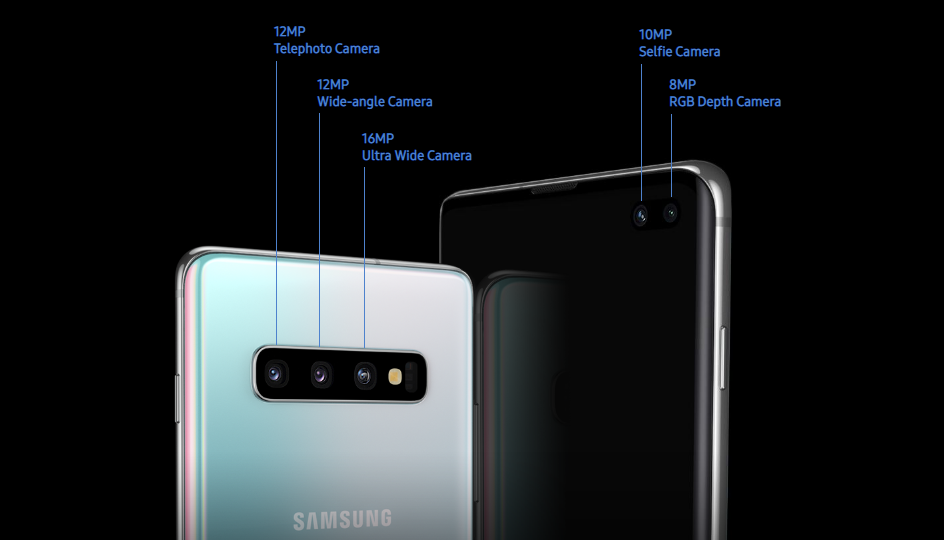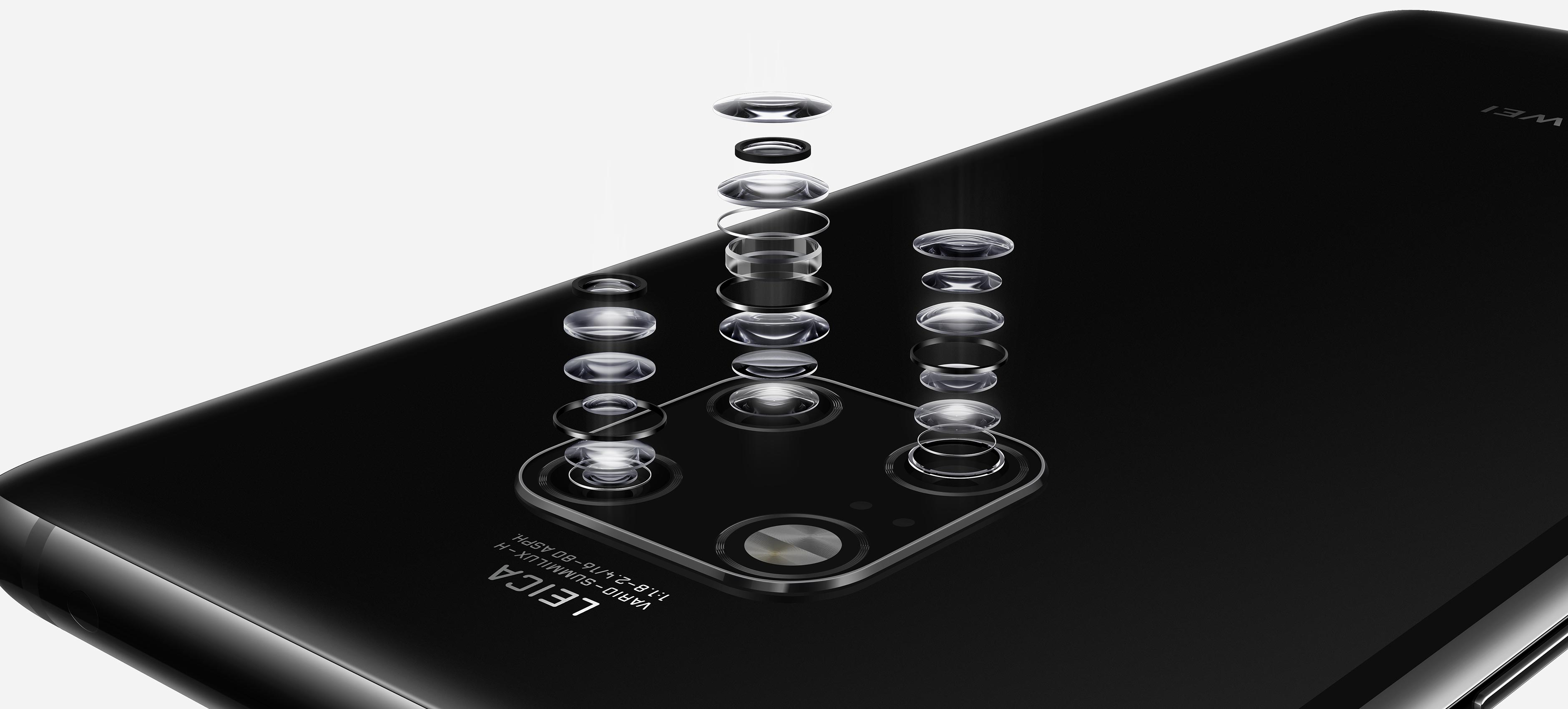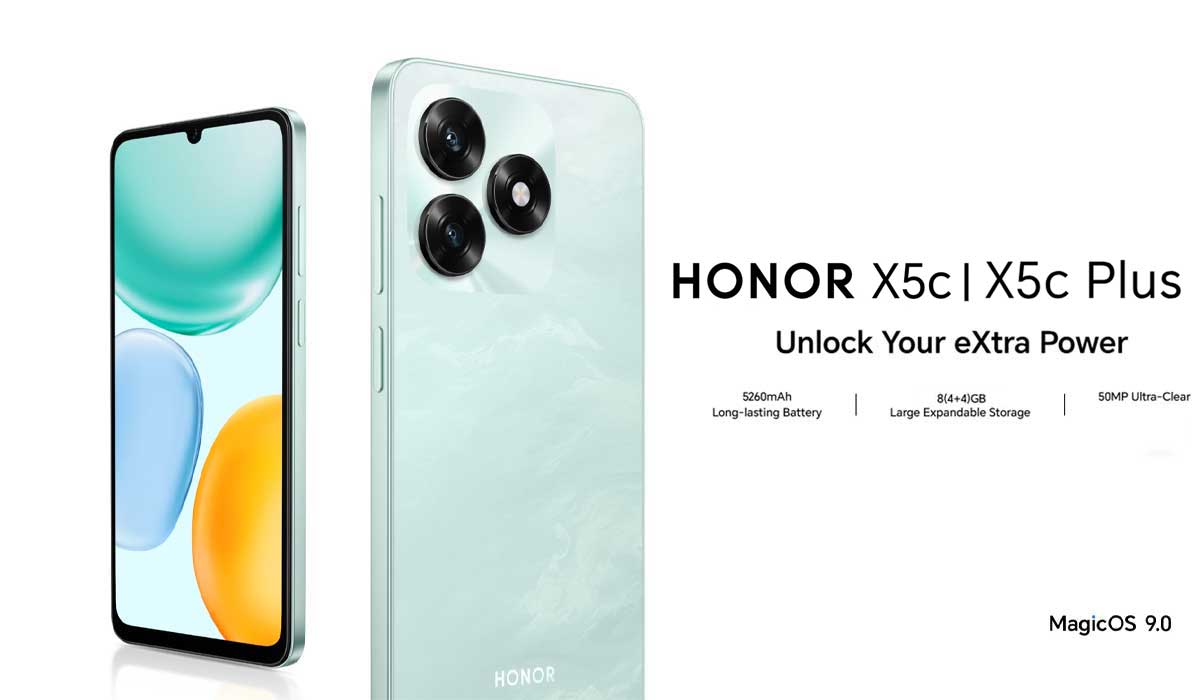Here we are. You knew this was coming. Samsung Galaxy S10+ vs the Huawei Mate 20 Pro. These are two of the most exciting handsets in the Android land right now (two of the most powerful too). So, we had to pit them against each other to see, who comes out on top, on paper.
This is a specs comparison. We haven’t held the Galaxy S10+ in our hands yet (we’ll get it soon, keep checking Techlekh) so we can’t share our experience with it yet. But we have seen some – many – reviews about the S10+ and we have used the Mate 20 Pro ourselves. So, we guess we can sort of compare them. Anyways, you’ll find this specs comparison interesting.
Display
First, let’s start with the display (duh). This is the area where Samsung has repeatedly trumped over other smartphones and this year is probably no exception. This year, Samsung has introduced what it calls the ‘Dynamic AMOLED’ display. Though its just a new fancy name, the display has improved and it now supports HDR 10+ display technology. This is the only phone that supports HDR 10+ right now.

S10+ packs a 6.4 inch of this beautiful 526 ppi screen. S10+ also features a searing 1200nits screen. Well, Note 9 already had good sunlight legibility so this number doesn’t mean much.
However, this doesn’t mean that Mate 20 Pro is a slouch either. They have a 6.39 inch OLED display that measures at 538 ppi. It lacks nothing in brightness and it supports HDR too. The colors are equally punchy and the blacks are equally deep.
To sum up, you’d be happy with any one of these displays. However, if I had to pick one winner here, it would be the Galaxy S10+. They have been playing this screen game for a very long time and are extremely good at it. Note 9 already tied to the Mate 20 pro in the previous year for the screen tech, so it’s natural that the S10+ beats both of them now.
Performance
Wouldn’t you want to hear about the performance on these phones? If you are someone who wants to get a smooth experience on their phones, then I will tell you right now that both of these phones will perform fantastically. You don’t need to worry about slowness or anything in any one of them.
The Galaxy S10+ will ship with Exynos 9820 (Snapdragon 855 in US and China) and the Mate 20 Pro comes with Kirin 980 processor. Both of these processors are built by the respective companies themselves. The Exynos 9820 hasn’t yet been seen in the wild just yet, so we can’t compare how it performs against the Kirin 980. What we know is that it’s an 8nm chipset instead of the 7nm Kirin 980. So, the chipset on the Mate 20 Pro maybe more battery efficient.
Exynos 9820 has the same GPU as the Kirin 980 but it has slightly more cores than the 980 so, we could see some improvement in GPU performance there. But these are just guesses. If you really care about the nitty gritty of these processors, I will direct you to a video by Gary Sims from Gary explains where he explains the differences between the four major chipsets for 2019.
If I were you, I wouldn’t sweat for a minute about the performances on these phones.
The Cameras
Finally, Samsung shipped a premium phone with triple rear cameras. This was already available in Huawei Mate 20 Pro. So, Samsung’s playing catch up right now. But who cares who did it first? The main question is: Who does it better?

The specifications of the triple camera setup on Samsung Galaxy S10+ goes like this:
12 MP, f/1.5-2.4, 26mm (wide), 1/2.55″, 1.4µm, Dual Pixel PDAF, OIS (Primary Camera)
12 MP, f/2.4, 52mm (telephoto), 1/3.6″, 1.0µm, AF, OIS, 2x optical zoom
16 MP, f/2.2, 12mm (ultrawide)
The specifications for the triple camera setup on Huawei Mate 20 Pro goes like this:
40 MP, f/1.8, 27mm (wide), 1/1.7″, PDAF/Laser AF
20 MP, f/2.2, 16mm (ultrawide), 1/2.7″, PDAF/Laser AF
8 MP, f/2.4, 80mm (telephoto), 1/4″, 5x optical zoom, OIS, PDAF/Laser AF

So anyone who can read can see that Huawei’s cameras look better on paper. I mean it has a humongous 40MP lens. But like always, higher megapixel counts don’t always mean better photos, so we will have to test the Galaxy S10+ ourselves before we make a verdict on its picture quality.
The word on the streets is that S10+ has improved daytime photography over the Note 9 but the Mate 20 Pro still pulls in more light at night. But again, stay tuned for our review on the Galaxy S10/ S10+ for our final verdict.
Battery
This is the area we don’t expect Samsung to win. Huawei has been doing some magic with their software and processor to aggressively close any battery hogging background apps and all that. The result is a stellar battery life in the Mate 20 Pro that I haven’t seen with any other premium smartphones.
The Mate 20 Pro has a 4200mAh and the Galaxy S10+ has a 4100mAh battery. While this difference isn’t much, the difference wasn’t much with the Note 9 either. Note 9 had a 4000mAh battery but still, Mate 20 Pro was the battery king.
We expect this throne to be retained by the Mate 20 Pro. Also, the in-box charger of the Mate 20 pro is a 40W charger. This charges your phone much faster than what Samsung offers out of the box. So its a clear win for Huawei in this department.
Speakers
Most reviewers gloss over this subject but speakers on a phone are something that are very important to me. And in this department, Samsung trashes Huawei. Don’t get me wrong, Mate 20 Pro’s speakers don’t sound bad. They have a good warm sound emanating from their dual speaker setup. But it gets nowhere near to the loudness or richness of Samsung’s speakers (Note 9 especially).
So, if speakers are something important to you, Samsung Galaxy S10+ is the phone for you. But let’s see what Huawei will do with their speakers in the P30 series. If they improve that, I might start preferring Huawei phones over anything else on the market.
Miscellaneous
Apart from the things that we talk about, there are other key differences between these phones. For example, the Galaxy S10 plus ships with 8GB RAM standard and can even go up to 12GB for a ridiculous amount of money. Disclaimer: You don’t need 12GB RAM. Heck, I don’t even think you need 8GB RAM. Huawei Mate 20 pro starts with 6GB RAM but it does have an 8GB model too. In terms of storage, Samsung has Huawei beat because Samsung Galaxy S10+ has 128GB, 512GB, and 1TB variants. Huawei only has a 128GB and 256GB variant. But do you need that much storage? That’s a question to think about.
Both the phones now support reverse wireless charging. Huawei did it first, if you want to know. They both feature under-display fingerprint sensor but Samsung Galaxy S10+ uses an Ultra Sonic sensor vs the optical sensor used on the Mate 20 pro. The ultrasonic sensor is said to be a little faster and is said to work even if your hands are a little dirty or wet. It is also more secure.
However, Huawei has an iPhone like facial unlock system that is much faster and secure than whatever face unlocking feature Samsung offers on the Galaxy S10+.
Overall
Overall, both these smartphones are competent phones and choosing any will hurt your wallet a lot. If you are an audio enthusiast, you might side with the Galaxy S10+; if you are a battery enthusiast, you might side with the Mate 20 Pro. But in other aspects, both these smartphones go head to head against each other. Your decision will probably come down to the design preference. Which one do you like – the small notch, or the small pill? The choice is yours to make. You can answer this question in our comments section below too.
You don’t need to hurry. Wait a couple of days or a couple of months before you buy a phone. Wait until you see our full review video on the S10+, and wait until you see the new P30 pro from Huawei. I hear they are releasing it some time in March. Only then you can fully appreciate the difference between Samsung’s greatest and Huawei’s greatest.
Feature Image credit: XEETECHCA RE
-
TechLekh Awards: Best Phones of 2025 in Nepal Winners!Ooooooooooh boy, what a year it was for smartphones, even in Nepal! Phones have been…
-
TechLekh Awards: Best Tablets of 2025 in Nepal Winners!The smartphone scene in Nepal was absolutely crackling this year with constant new launches and…
-
TechLekh Awards: Best Scooters of 2025 in Nepal Winners!Scooters have played a major role in shaping everyday mobility in Nepal. They have always…
-
TechLekh Awards: Best Bikes of 2025 in Nepal Winners!Motorcycling in Nepal has always meant more than just getting from one place to another.…
-
TechLekh Awards: Best Cars of 2025 in Nepal Winners!Electric vehicles continue to dominate Nepal’s market in 2025, and Chinese manufacturers still lead the…
-
BYD Cars Price in Nepal (February 2026 Updated)This is a complete list of BYD cars price in Nepal for 2026. In this…
-
Nammi Vigo vs BYD Atto 2: Value or Trust? Which Compact EV is Better?Thinking about buying a compact electric SUV but stuck between the Dongfeng Nammi Vigo and…
-
Honor’s Latest Budget X5c Series Finally Launched in NepalHIGHLIGHTS The Honor X5c Series price in Nepal starts from Rs. 15,999 (4/64GB). Both X5c…





















